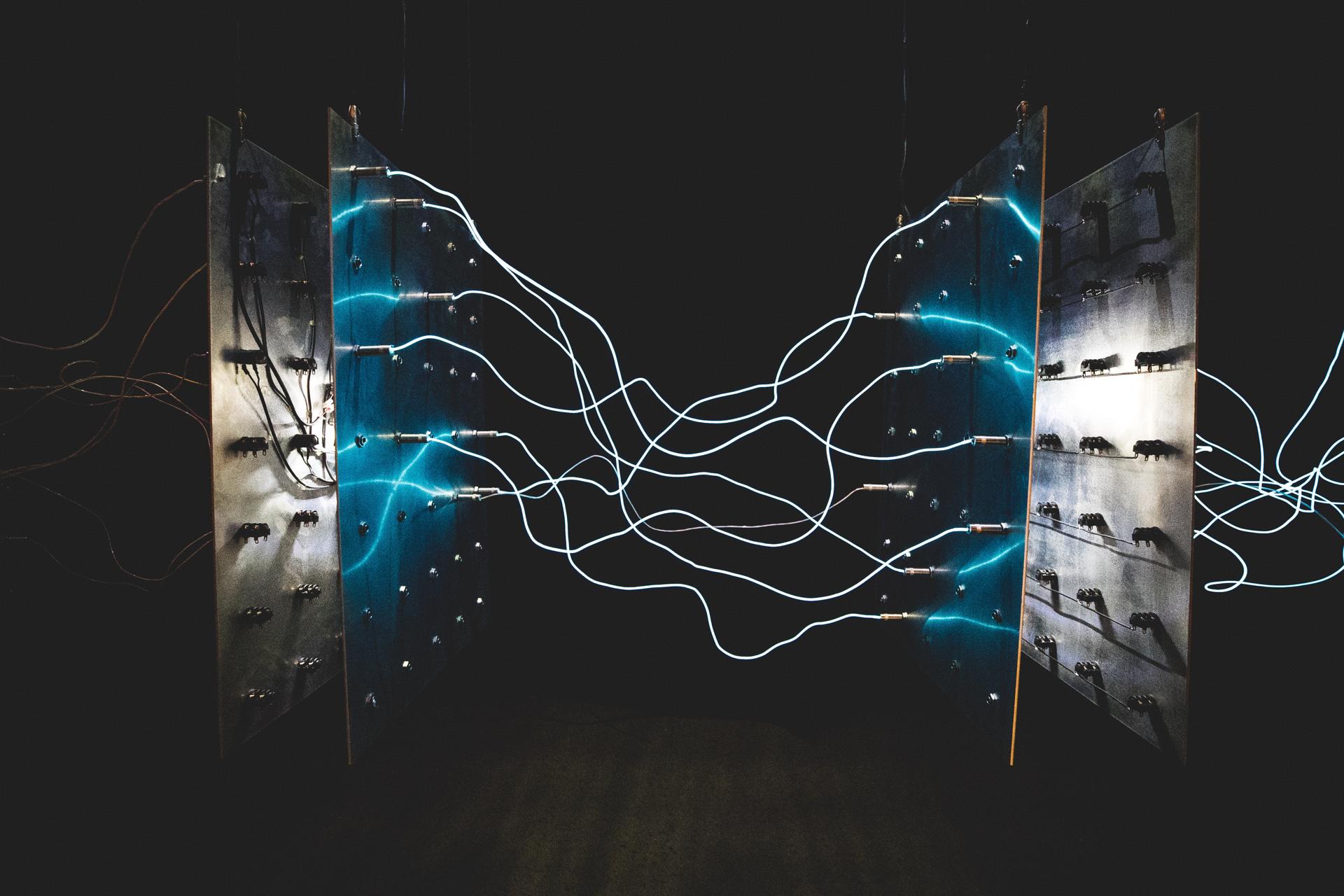Don't Get Zapped! A Decade of Important Electric Safety Tips for Homeowners

Being a responsible homeowner the safety of your family as well as your property should be your top priority. A single of the vital security aspects of your house is its electrical system. Electrical injuries and accidents could be fatal, so it is vital to take precautions to prevent accidents and injuries. This article offers ten important electrical safety tips that will help you safeguard your home and loved ones.
Tip 1: Ensure You Check Your electrical cords regularly
Electrical cords that are damaged or broken could be dangerous, resulting in electrocution and fires. Check your electrical cords regularly to make sure they’re in good condition. If you spot any damage you should replace them as soon as possible. It is also important to ensure that the cords aren’t placed in high traffic areas that they are likely to be tripped over or chewed by pets.
TIP 2: Keep Electrical devices away from water.
Electricity and water can be an unwise combination. Make sure that electrical appliances are kept away from water sources, such as bathtubs, sinks and pools. If you are required to utilize electrical appliances near water, ensure that they’re specifically designed for such use and follow the safety guidelines of the manufacturer.
Tip 3: Don’t Overload Outlets
Overloading outlets by plugging more than one device into them can cause overheating and fires. Make use of extension cords or power strips that have multiple outlets instead of overloading one outlet. Ensure that the cords and power strips you are using are suitable for the power load they’ll be carrying.
Tip 4: Always have a Extinguisher for a Fire Extinguisher at hand
In the event of an electrical fire, the presence of a fire extinguisher in reach will help put out the fire quickly and stop further damage from occurring. It is essential to get the correct type of fire extinguisher for the electrical system in your home. Find a fire extinguisher that is classified as a Class C fires, which can be caused by electrical devices.
Tip 5: Make use of Surge Protectors
The power surges that result from lightning strikes, power interruptions, or faulty wiring can damage appliances and electronics. Utilizing surge protectors will safeguard your devices by diverting excessive voltage to the ground. Be sure to use surge protectors designed for the specific voltage of the device.
Tip 6: Employ an experienced Electrician to do Repairs
DIY electrical repairs can be dangerous and can cause serious injury and the destruction of your home. Employing an insured and licensed electrician to repair electrical issues is crucial for your security and safety. At South Auckland Electricians, we have experts in the field of electrical engineering that can take care of all your electrical requirements.
Tip 7: Install GFCIs in your home
Ground fault circuit interrupters (GFCIs) can protect you from electrical shocks and electrocution by detect ground faults and shutting off the electrical supply. Install GFCIs in areas where water is present in the bathroom, kitchen outdoor spaces, and kitchens.
Tip 8: Do not attempt Do-it-yourself electrical work
DIY electrical work is dangerous, and even one small error could cause serious damage to your home , and even your life. Let electrical work be handled by experts to ensure it is carried out safely and properly.
Tip 9 How to Teach Your Children about Electrical Safety
Teaching your children about electrical safety is a vital part of making sure they are safe. Make them aware of the dangers when playing with electrical devices and cords as well as the importance to avoid touching outlets. Instruct them on what to do in case in the event of an electrical emergency like power outages or a fire.
Tip 10: Be Educated About Electrical Safety
Being up-to-date with the latest information on electrical safety is vital to be aware of any potential hazards and the best way to protect yourself from these hazards. Be sure to follow South Auckland Electricians on social media and check out our blog to stay informed on the most recent electrical safety tips and trends. You can also talk to our experts electricians with any questions or concerns you might have.
Conclusion
In the end, electrical safety is essential to keeping your home and loved ones protected. By following these ten essential electrical safety guidelines, you can prevent injury and accidents caused by electrical currents and protect your home. We at South Auckland Electricians, we are committed to providing high-quality electrical services that will ensure your home’s electrical system is secure and reliable. Contact us today for all your electrical needs.
FAQ
Do you think it is safe to connect multiple power strips to one outlet?
It’s not safe and can cause an electrical explosion. Instead, opt for a surge protector that has several outlets.
Do I have to put a hair dryer in the bathtub?
No, never use electronic devices near water, especially in the bathroom.
When do I need to change my electrical cords?
If you notice fraying or damage to the cords it’s time to change them.
Do I require GFCIs in my entire home?
It is recommended to install GFCIs in areas that have water in the kitchen, bathroom as well as outdoor areas.
What is the best time to schedule my electrical system at home inspected?
It is recommended to have an electrical inspection every 10 years, or sooner if you notice any issues. Call South Auckland Electricians to schedule an inspection.
